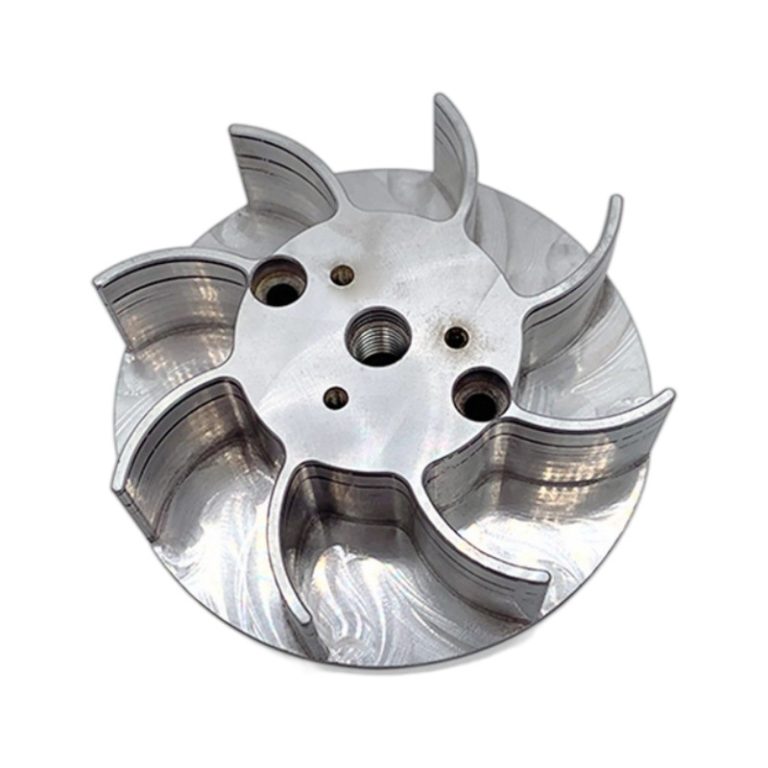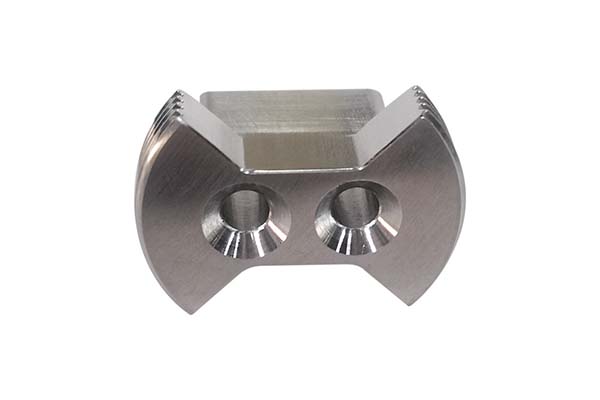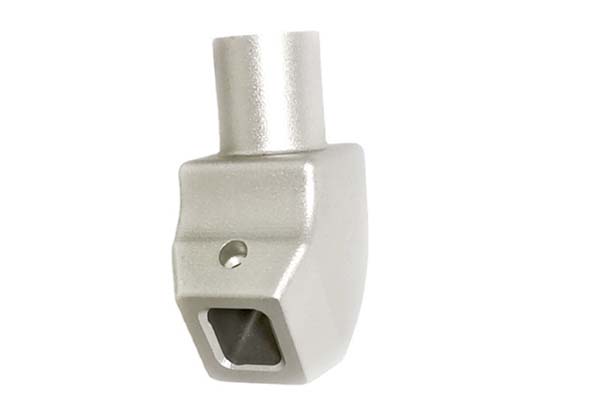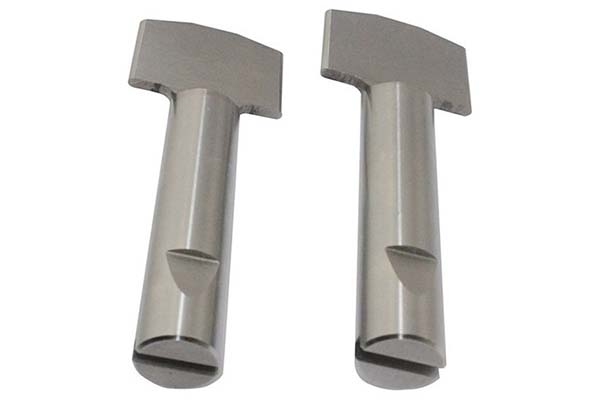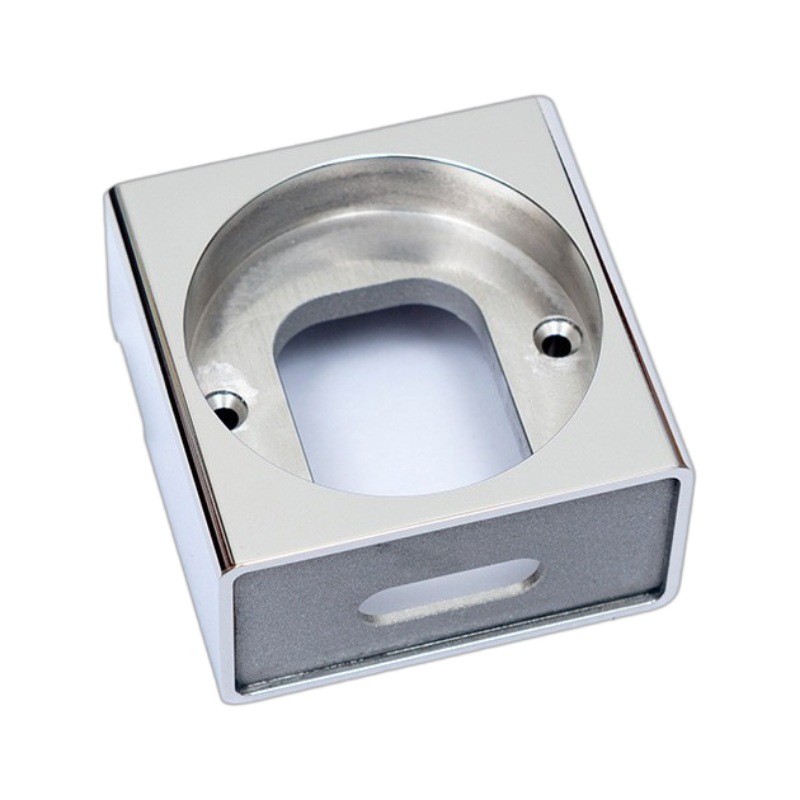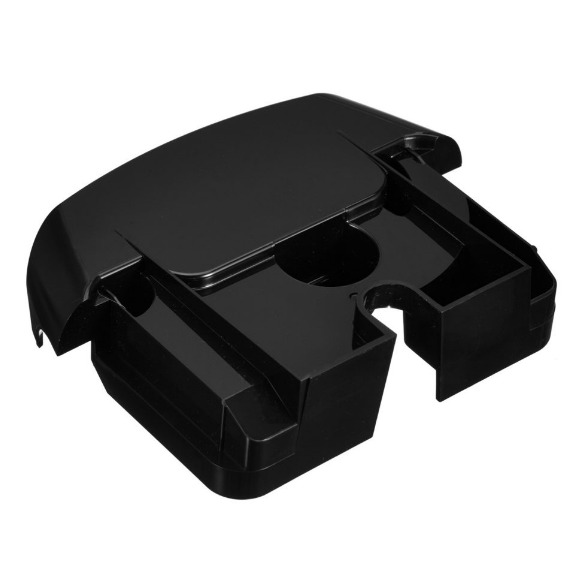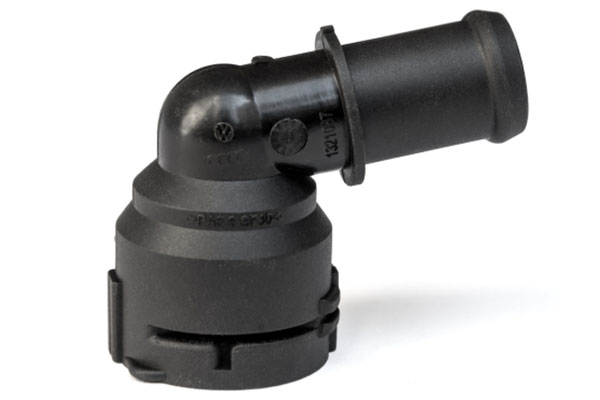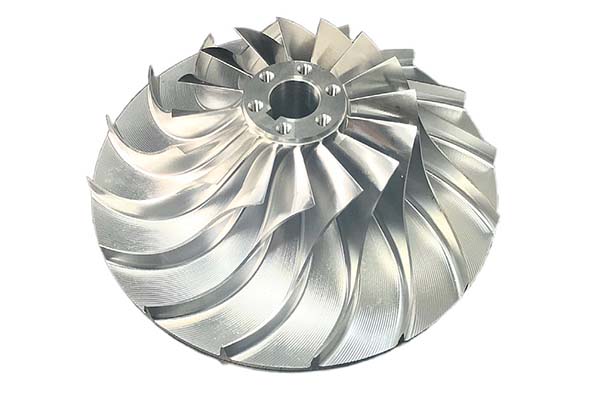Introduction to Prototype CNC Machining
Prototype CNC machining services are integral to modern manufacturing, offering exceptional precision, speed, and versatility in the production of prototype parts and models. This technology is indispensable for industries that require rapid prototyping, enabling engineers to test design concepts, verify functionality, and fine-tune products before mass production. The ability to quickly produce highly accurate and detailed prototypes ensures that industries can move from concept to product more efficiently, reducing development time and improving overall quality.
Definition and Process
CNC (Computer Numerical Control) machining refers to the use of automated machines controlled by computers to craft parts from materials like metal, plastic, or wood. The process begins with a digital design, typically created using CAD (Computer-Aided Design) software. This design is then converted into a series of commands that guide the CNC machine to precisely cut, shape, and finish the material, creating the prototype with high accuracy.
Key Features of Prototype CNC Machining
- Precision and Accuracy: CNC machines offer exceptional precision, capable of creating parts with tight tolerances and intricate features that manual processes cannot match.
- Speed: Automated machining accelerates the production process, drastically reducing time compared to traditional methods.
- Versatility: CNC machines are compatible with a wide array of materials and can perform a variety of operations, including milling, turning, and drilling.
- Consistency: CNC machines follow pre-programmed instructions exactly, ensuring the same high-quality output for each prototype.
- Complexity Handling: CNC machining is ideal for producing prototypes with complex geometries and designs that would be challenging or impossible to achieve manually.
Benefits of Prototype CNC Machining Services
Precision and Accuracy
One of the standout benefits of CNC machining is its unparalleled precision. Even the slightest error in part dimensions can lead to significant operational issues, particularly in industries like aerospace and medical device manufacturing. For example, prosthetics and implants need to be extremely accurate to function correctly, making CNC machining an ideal choice for producing high-precision medical components.
Cost-Efficiency
Though the upfront cost of CNC machinery and setup can be high, the long-term savings make it a cost-effective solution. CNC machining helps reduce labor costs by automating production, and minimizes material waste due to its high accuracy. Furthermore, because prototypes are produced to a higher quality standard, the likelihood of errors in final production is reduced, ultimately lowering the costs of rework and recalls.
Time-Saving Prototyping
CNC machining can drastically speed up the prototyping process. Once the design is finalized, CNC machines can produce parts quickly and with consistency. This rapid prototyping cycle allows for faster testing, iteration, and refinement, helping companies bring products to market faster and stay ahead of competitors.
Applications of Prototype CNC Machining
Automotive Industry
In automotive manufacturing, CNC machining is extensively used for creating prototypes of engine parts, body panels, and interior components. The need for complex shapes and precise fits in automotive design makes CNC machining indispensable for prototype testing. With the ability to quickly adjust and test components, manufacturers can optimize performance and aesthetics more efficiently during the early stages of development.
Aerospace Industry
The aerospace sector demands the highest levels of precision and reliability, both of which CNC machining provides. Aerospace companies use CNC technology to produce prototypes of aircraft parts, engines, and other critical systems, ensuring that each component meets the stringent safety and performance requirements needed for successful flight operations. The technology’s ability to produce intricate designs and tight tolerances is crucial for achieving the high standards required in this field.
Medical Device Manufacturing
CNC machining is crucial in medical device manufacturing, where precision is paramount. From surgical instruments to custom prosthetics, CNC technology enables the creation of highly accurate prototypes that meet the specific needs of patients. For instance, a custom-fit prosthetic must align perfectly with the body to ensure functionality and comfort, a task that CNC machining excels at due to its ability to work with complex and personalized designs.
Choosing the Right Prototype CNC Machining Service
Factors to Consider
Selecting the right CNC machining service provider is critical to the success of a project. Consider the following factors:
- Experience and Expertise: Look for providers with a proven history in your specific industry. This experience typically translates into better quality and more efficient services.
- Capabilities: Ensure that the provider has the necessary machinery and expertise to meet your specific needs, including working with the materials you require.
- Quality Assurance: Verify that the provider has the proper certifications and quality control processes to maintain high standards.
- Turnaround Time: Speed is crucial in prototyping, so prioritize providers known for their fast and reliable service.
- Cost: While cost is an important factor, it should be balanced with the quality of service, speed, and expertise offered.
Service Provider Selection Criteria
When evaluating potential CNC machining service providers, also consider:
- Portfolio: Reviewing past projects will give you an insight into the provider’s capabilities and the quality of their work.
- Client Testimonials: Feedback from previous clients helps assess the provider’s reliability and performance.
- Technical Support: Good technical support is essential to address issues quickly during the prototyping process.
- Scalability: Consider whether the provider can scale their services to meet your future needs as your project evolves.
Case Studies and Success Stories
Automotive Industry Example
A leading automotive manufacturer was developing a new engine component that required precise dimensions and intricate designs. By collaborating with a CNC machining provider, they quickly produced multiple prototype parts, tested them, and iterated on the designs. The result was a reliable, high-performance engine component that met all specifications, significantly improving the final product’s performance.
Aerospace Industry Example
An aerospace company tasked with developing a new satellite system relied on CNC machining for prototyping components that needed to meet strict safety and operational standards. CNC prototypes allowed them to verify each part’s functionality before mass production, ensuring the satellite system’s success in its mission.
Medical Device Manufacturing Example
A medical device company created a new surgical tool requiring customized adjustments for various medical procedures. CNC machining allowed for the rapid production of multiple prototypes, which were tested by surgeons for ergonomic improvements. The feedback led to design refinements that enhanced both surgical precision and operational efficiency.
Challenges and Solutions
While prototype CNC machining offers numerous advantages, there are some challenges to consider:
- Initial Setup Costs: The investment required for CNC machinery and software can be high. To reduce costs, many companies outsource their prototyping needs to service providers who already have the necessary infrastructure in place.
- Complexity of Design: Highly intricate designs can be difficult to execute. Collaborating with experienced CNC machining experts who understand both the technology and your specific design requirements can help overcome these challenges.
- Material Limitations: Not all materials are suitable for CNC machining. Early consultation with material specialists can help ensure that the right materials are chosen for the intended prototypes.
- Maintenance and Downtime: Regular maintenance of CNC machinery is essential to prevent production delays. A proactive maintenance schedule and a backup plan can minimize downtime and ensure a smooth workflow.
By addressing these challenges with the right strategies, companies can fully leverage the advantages of CNC machining to streamline their product development processes.
FAQs
What are the main advantages of using prototype CNC machining services?
The primary advantages of CNC machining include:
- Precision: CNC machines produce parts with high precision and tight tolerances.
- Cost-Efficiency: Though initial costs can be high, long-term savings arise from reduced labor and material waste.
- Rapid Prototyping: CNC machining enables quick production, speeding up development.
- Complexity Handling: CNC machines can create complex geometries that are challenging to replicate manually.
- Consistency: Automated processes ensure consistent output, reducing variability across prototypes.
How do I choose the right CNC machining service provider?
When selecting a provider, consider:
- Experience: Providers with industry-specific experience are often more efficient and produce higher-quality work.
- Capabilities: Ensure they have the necessary equipment and expertise for your project’s specific needs.
- Quality Assurance: Verify that they have robust quality control processes.
- Turnaround Time: Choose a provider with a proven track record for fast and reliable service.
- Cost: Evaluate cost in relation to quality, speed, and expertise.
Which industries benefit most from prototype CNC machining?
Prototype CNC machining is especially beneficial for industries requiring high precision and intricate designs, such as:
- Automotive: For complex engine parts and body panels.
- Aerospace: For components requiring stringent safety and performance standards.
- Medical Devices: For customized prosthetics and surgical tools.
- Electronics: For precise components and enclosures.
- Defense: For reliable components needed under extreme conditions.
These industries rely on the speed, precision, and reliability offered by CNC machining, making it a crucial tool for successful product development.
